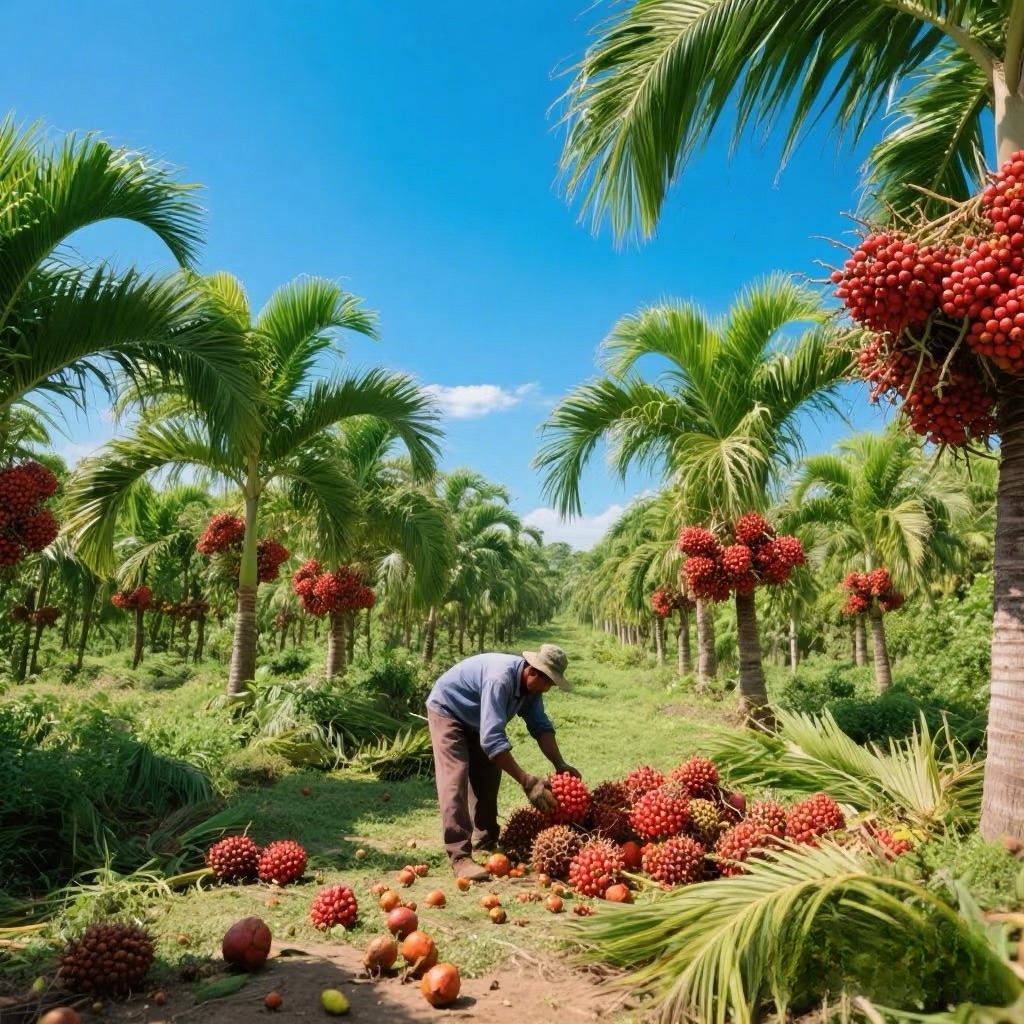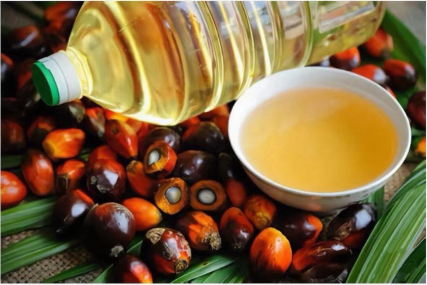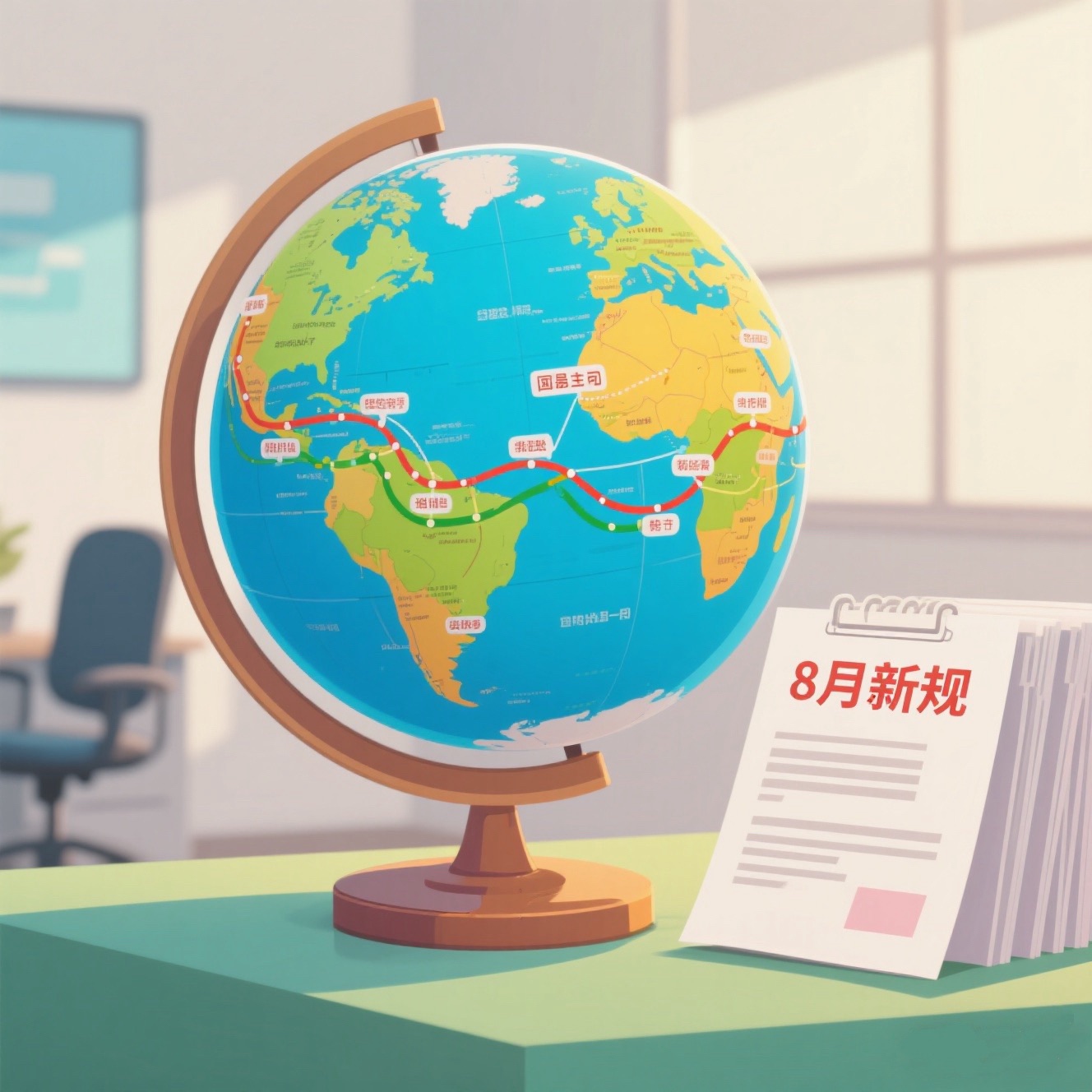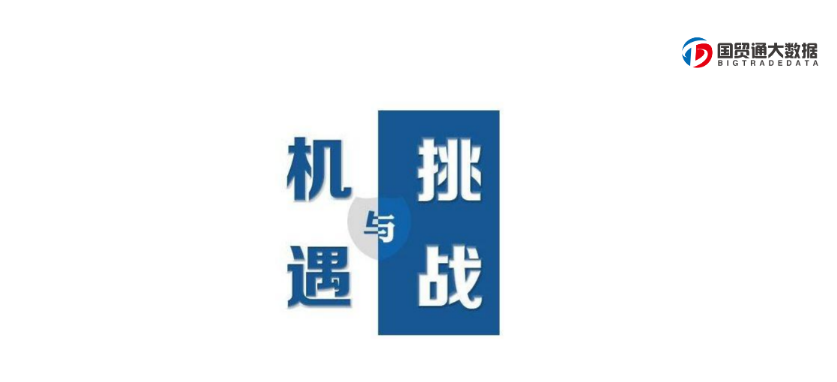
Malaysia's Palm Oil Expansion Policy and Its Global Impact
“In a decisive step to strengthen its palm oil sector, Malaysia has unveiled a RM1.4 billion (approximately USD300 million) replanting program under the 13th Malaysia Plan (13MP).”
Malaysia's RM1.4 Billion Palm Oil Replanting Initiative: A Strategic Boost for Trade and Sustainability
In a decisive step to strengthen its palm oil sector, Malaysia has unveiled a RM1.4 billion (approximately USD300 million) replanting program under the 13th Malaysia Plan (13MP). Announced on August 4 by Plantation and Commodities Minister Datuk Seri Johari Abdul Ghani, the five-year initiative targets smallholder farmers, aiming to replace aging and low-yield oil palm trees with higher-productivity varieties. This strategic move is designed to enhance Malaysia's competitiveness in the global palm oil market while promoting long-term agricultural sustainability.
Enhancing Productivity and Global Market Position
Malaysia, the world's second-largest palm oil producer, relies heavily on the commodity for export revenue, with annual shipments valued at RM115 billion. However, declining yields from aging palms threaten the sector's growth. The new replanting scheme seeks to reverse this trend by improving plantation efficiency, ensuring consistent supply, and reinforcing Malaysia's standing in key markets such as China, India, and the EU.
Minister Johari emphasized that the initiative aligns with broader government efforts to revitalize strategic industries, including halal products and Islamic finance. By modernizing agriculture through mechanization, automation, and R&D—as highlighted by Prime Minister Datuk Seri Anwar Ibrahim—Malaysia aims to transition into a high-tech, sustainable palm oil producer.

Supporting Smallholders and Sustainable Practices
A key focus of the program is uplifting small-scale farmers, who account for nearly 30% of Malaysia's palm oil output. The phased funding will provide financial and technical assistance to help smallholders adopt best practices, including obtaining Malaysian Sustainable Palm Oil (MSPO) certification. This not only improves livelihoods but also ensures compliance with international environmental standards, addressing concerns from eco-conscious markets.
Addressing Trade Challenges and ESG Demands
The EU's deforestation regulation (EUDR) and rising global ESG (Environmental, Social, and Governance) requirements pose challenges for palm oil exporters. Malaysia's replanting plan counters these hurdles by promoting sustainable land use and reducing carbon footprints. By investing in higher-yielding, disease-resistant palm varieties, the country can optimize land use and minimize deforestation risks—a critical factor in maintaining access to regulated markets.
Future Outlook: A More Competitive and Green Palm Oil Industry
This RM1.4 billion commitment reflects Malaysia's proactive approach to securing its palm oil future. Beyond immediate productivity gains, the initiative supports the national agenda for a modern, innovation-driven agricultural sector. As global demand for sustainable vegetable oils grows, Malaysia's focus on replanting and certification positions it as a reliable supplier in an increasingly scrutinized market.
Conclusion
Malaysia's palm oil replanting program is more than an agricultural upgrade—it's a strategic trade policy. By boosting yields, supporting smallholders, and adhering to sustainability standards, the country reinforces its role in global supply chains while future-proofing a vital economic sector. This investment underscores Malaysia's resolve to remain a key player in the competitive palm oil trade.













